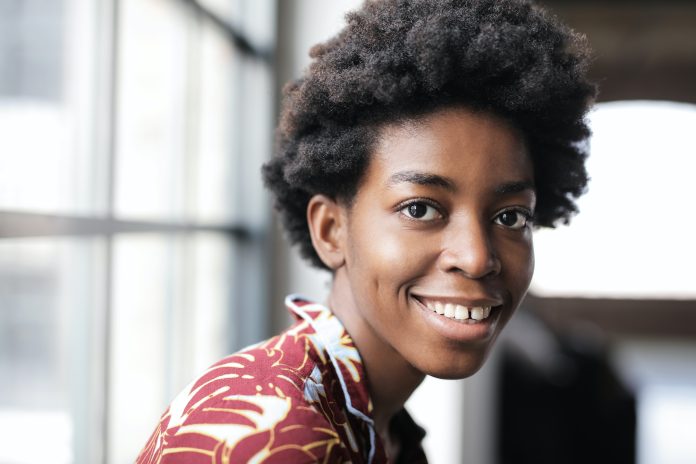
By Bianca Crawley, Special to the AFRO
The latest installment of Marvel Studios’ Black Panther saga, “Black Panther: Wakanda Forever,” did more than just sell out theaters– it positively influenced millions of young, Black audience members across the country.
The film put Black excellence on the big screen in full display for Black children, looking to see their likeness and image blended with the superhero realm, according to behavior specialists.
Makungu Akinyela, a licensed family therapist and professor of Africana studies in Atlanta, said the film had had a staggering effect on Black people.
“The idea of a hero or a mythology gave not only Black children but Black people something healthy for their imaginations,” said Akinyela, when asked about the positive impact of Black representation in Black Panther: Wakanda Forever. “It gave good principles: by not following through with revenge and thinking about the community and not just self.”
“Black Panther: Wakanda Forever” has made an impact on viewers not only in the United States but across the globe. Featuring a predominantly Black cast as powerful, influential, smart and intriguing characters– there’s no wonder why people have had so much to say about the film.
Representation –especially in film– is salient to the next generation of young Black minds because it promotes a healthy way to self-identify, while providing a sense of belonging, importance and positive self-awareness for the present and future, she and other therapists said.
Akinyela said that as a baby boomer, films with such dynamic Black characters– like those seen in Black Panther– weren’t around to stimulate his mind. He began to turn to real life heroes around him: civil rights and Black power activists of the 60’s and 70’s.
“Many of these Black Panther comic books were developed and inspired by the rise in the Black community,” said Akinyela. “That’s where many of these ideas generated from.”
Indeed, it is impossible to ignore the connection between the creation of the Black Panther comics, first released in 1966, and the Black Panther Party of the 60s and 70s.
The Black Panther comic was a platform for children and adults to enjoy the political, social, and cultural norms and ideologies of the times in comic book form.
Akinyela said that the film showed characters of color “working together and being committed to each other and especially to their people.”
Black Panther: Wakanda Forever, offered many lessons, to include the importance of sound leadership, community, and the triumphant strength and spirit of the Black community.
The movie inspired schools across the United States to take their students to see this film.
Educator, Yulanda Weems, spoke on how Black Panther: Wakanda Forever inspired the Black youth in her community.
“A lot of these kids really need more positive role models and influences,” Weems said. “Too many of our kids don’t understand their potential and think the only thing out there for them to do is rap, produce [music], and play sports. I am hoping that seeing this movie will open up their eyes to see that people who look like them are capable of performing great things.”
“Our students really need more positive and challenging outlets,” she continued. “I hope this movie is the start of some kind of shift for Black movies for kids and adults. Our students don’t typically see ‘us’ in those kinds of roles on the regular. I’m hoping this will inspire them to want to become more.”
Akinyela said he feels the film will affect the minds of young girls in particular, who can view the character Shuri as not only a princess who’s a smart scientist– but now as the new Black Panther.
Dream Jordan is just one of hundreds of students who saw the film as part of an event sponsored by United Way of Central Maryland and the Propel Center for Baltimore City Public Schools.
“As a Black woman in America, ‘Black Panther’ has many meanings,” said Jordan, in her written response to the film. “However, my meaning is strength, power, and beauty. As a dark skin woman it is not often I see dark skin girls in power or perceived as beautiful women.”
“Black Panther shows me to be comfortable in my skin regardless of what others perceive as beauty.”



